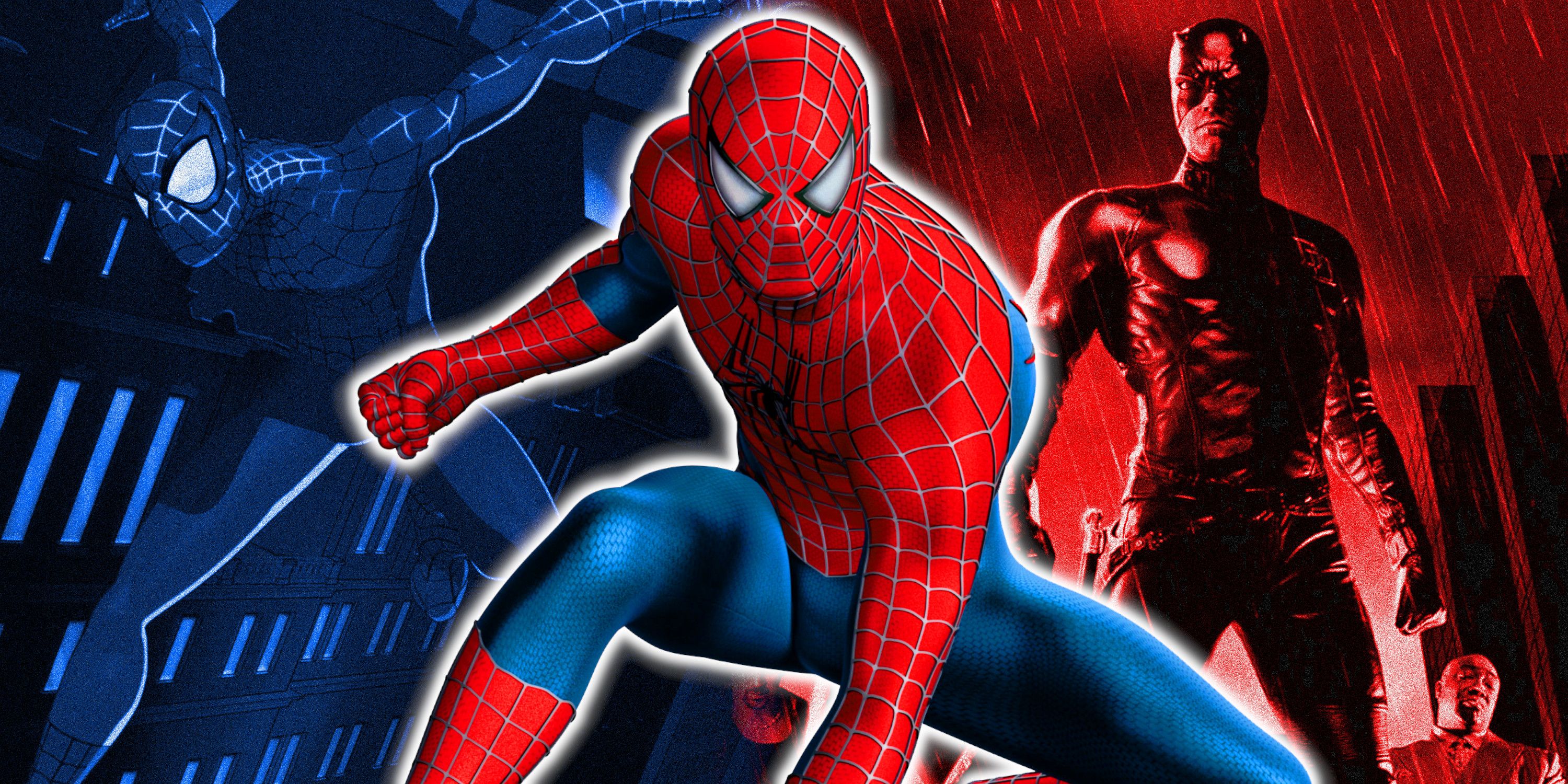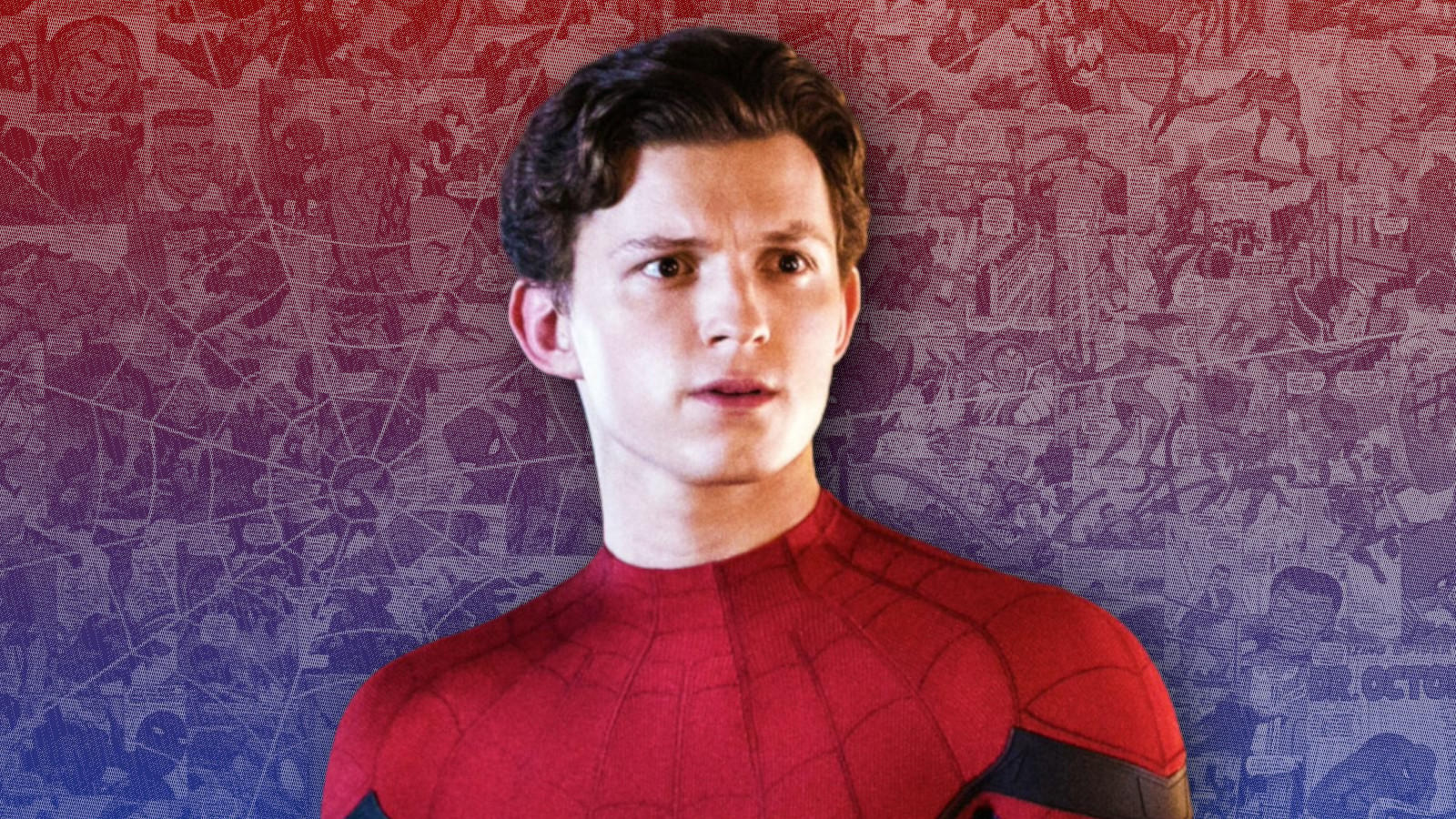There's a lot of chatter, you know, about who might swing into action as the next friendly neighborhood Spider-Man. It's a very big deal, actually, when you think about it, finding just the right person to wear that suit. The choices made here are more than just picking a face; they shape how we see a character we've all grown to love, and that, is that, a pretty huge responsibility for anyone involved in the decision.
So, the process of choosing an actor, it's a bit like, you know, figuring out how different pieces fit together. It’s not simply about someone looking the part. It's about whether they can truly become the character, bringing that special something to the role. This whole idea of "casting" an actor, it has some interesting parallels, in a way, to how things work when you're dealing with different kinds of information in other fields, like making sure a number fits where a date should go, for example. It’s about getting the type right.
Really, it means making sure the person chosen can carry the story forward, resonating with what we expect from Spider-Man while also, perhaps, bringing something new. It’s a very delicate balance, finding someone who feels both familiar and fresh. The studio, they have to consider so much, more or less, when they’re trying to figure out who is the perfect fit for this truly iconic part.
- Rough Ends
- Alicia Menendez Pregnant
- Atlanta Celebrities
- Birthmark On Left Ring Finger Meaning
- Lyrics About Forbidden Love
Table of Contents
- Who is the Ideal New Spider-Man Actor?
- A Look at the Potential "Type" for Casting for Spider-Man 4
- What Does "Casting" Really Mean in This Context?
- Avoiding Confusion in Casting for Spider-Man 4
- Are There Rules for Casting for Spider-Man 4?
- The "Dynamic Check" for Casting for Spider-Man 4
- Why Can Some "Casts" Feel Off?
- Ensuring Clarity in Casting for Spider-Man 4
Who is the Ideal New Spider-Man Actor?
When thinking about who might play Spider-Man next, it's not just about picking a name from a list, you know? It's about finding someone who embodies a certain spirit. We're talking about a young person who, like, carries a sense of everyday struggle but also a spark of true heroism. Someone who can make us believe they are both a regular kid from Queens and a super-powered protector. This kind of selection, it really calls for a specific kind of person, someone who feels, well, just right. It's almost like you're trying to find a particular "type" that fits a very specific mold, yet still has room to grow and surprise us.
They need to be able to show vulnerability, but also, like, a deep inner strength. The actor should have that ability to convey the weight of responsibility that comes with great power, while still keeping that youthful energy and, you know, that signature Spider-Man wit. It's a rather tall order, finding someone who can balance all those different aspects. They need to be someone who can, basically, make us laugh and cry and cheer, all in the same movie. That’s a pretty big ask, to be honest.
The person they choose, they will, in a way, be the new face of a character many have grown up with. So, it's not just about acting skill; it's about connecting with a massive audience on a very personal level. They need to be someone who can, you know, embody the spirit of Peter Parker, not just the mask. This is why the "casting" process for a role like this is so important; it's about finding that perfect blend of talent and, well, just being the right person for the job.
- Different Ways Of Saying In Conclusion
- Pray Before Reading The Bible
- Population Of Nairobi
- Mirror Selfies On Instagram
- Lion Cut On Shih Tzu
A Look at the Potential "Type" for Casting for Spider-Man 4
Let's imagine, for a moment, the kind of individual who might be considered for this truly special role. This isn't about a specific person, but more about the qualities, you know, that a potential candidate for casting for Spider-Man 4 might possess. It’s about the kind of "type" that fits the character's core identity. This hypothetical actor, they would need to bring a certain kind of energy and presence to the screen, something that really captures the essence of Peter Parker.
Here’s a general idea of what that "type" might look like:
| Detail | Description |
|---|---|
| Name (Hypothetical) | Alex Miller |
| Age Range | Early 20s (to allow for growth over several films) |
| Background | Someone with experience in both dramatic and comedic roles, perhaps from independent films or TV shows, showing range. |
| Key Qualities | Possesses a natural charm, a relatable awkwardness, and an underlying resilience. A kind of earnestness that makes you root for them. |
| Physicality | Agile and capable of performing action sequences, but also looks like an everyday person, not overly muscular or imposing. |
| Voice | A voice that can convey both youthful enthusiasm and moments of serious reflection. |
| Public Persona | Someone who appears humble and genuinely appreciative of their work, avoiding any sense of being too "Hollywood." |
This kind of profile, it's almost like trying to match a specific "data type" to a variable, you know? You want an "integer" where an "integer" belongs, not a "float" that might introduce, like, unexpected issues. The right person for casting for Spider-Man 4 needs to fit the character's fundamental characteristics while still having the flexibility to adapt to different story needs. It's about finding that core compatibility.
What Does "Casting" Really Mean in This Context?
When we talk about "casting" an actor for a movie, especially for a role like Spider-Man, it's more than just picking someone. It's, you know, about a process of transformation. It's like taking an individual and, in a way, converting them into the character we see on screen. My text talks about how "casting is the process of type conversion." In the world of movies, this means an actor has to convert their own personality and skills into the specific "type" that the character needs to be. It's a very involved process, really.
Sometimes, too, it’s about choosing to "convert" an actor into a role rather than just a straightforward "cast." This might mean adapting the role a little bit to fit the actor's strengths, or guiding the actor to truly become the character. This approach, it often helps to avoid confusion for the audience. If you just force someone into a role they don't quite fit, it can feel, well, a little off, can't it? It’s like trying to make a date format fit where a number should go; it just doesn't quite work as expected, and you're left wondering what happened.
So, the best practice here, it’s about finding that seamless fit. It's about ensuring that the actor doesn't just play the part, but truly embodies it. This requires, basically, a deep understanding of both the actor's capabilities and the character's requirements. It's a bit like making sure your different number types, like a whole number or a decimal, are used in the right places, so everything calculates correctly and makes sense. That, is that, pretty much how it works for casting for Spider-Man 4, too.
Avoiding Confusion in Casting for Spider-Man 4
One of the biggest goals in choosing an actor for a big role like this is to make sure the audience isn't confused, you know? My text mentions how using different methods for "casting" can make the intent unclear. For casting for Spider-Man 4, this means the choice of actor needs to be, basically, very clear in its purpose. We need to feel that this person is Peter Parker, without a doubt, and that they belong in that suit.
If the choice feels forced, or if the actor doesn't quite align with the character's core, it can, like, create a kind of disconnect. It's like trying to "cast" a date as a number; it might technically work in some systems, but the meaning gets muddled. The audience might end up thinking, "Wait, is this really Spider-Man?" instead of just getting lost in the story. So, it's about making sure the actor's presence and performance clearly communicate who the character is supposed to be.
The goal is to have a selection that feels natural, almost inevitable. This avoids any kind of "unhandled exception" in the audience's mind, where they just can't quite grasp why this particular actor was chosen. The character needs to feel, you know, fully defined and not, like, "undefined" or indistinct. It's a subtle thing, but it makes a huge difference in how the movie is received, especially for casting for Spider-Man 4.
Are There Rules for Casting for Spider-Man 4?
You know, it might seem like movie casting is just a creative free-for-all, but actually, there are, like, unspoken rules and guidelines, especially for a character as established as Spider-Man. My text talks about "rules about casting pointers" and standards. In the movie world, these "rules" come from a few places: the source material, like the comic books, audience expectations, and even, like, industry norms for how these big characters are portrayed. It's not just a random pick, you know.
For instance, Spider-Man has always been, basically, a younger character, someone who is learning and growing. So, "casting down the inheritance tree," as my text puts it, means choosing someone who can realistically portray that youthful journey. You wouldn't, typically, cast an older, seasoned actor for a role that's meant to be about youthful discovery and, like, early struggles. It just wouldn't fit the established "type" of the character, would it?
These guidelines help ensure that the spirit of Spider-Man remains consistent across different iterations. It's about respecting the character's legacy while also allowing for new interpretations. So, yes, there are definitely "rules" or, more accurately, guiding principles that influence the choices made for casting for Spider-Man 4. They're not written in a formal standard, but they're very much present in the collective consciousness of fans and creators alike.
The "Dynamic Check" for Casting for Spider-Man 4
My text mentions that a "dynamic cast requires you to do a type check." For Spider-Man, this means that the casting process isn't just about someone looking the part on paper. It's about whether, like, during auditions or screen tests, the actor truly embodies the character's essence. The "runtime," in this case, is the audition room, where the director and producers are checking if the "object you are casting to will be of the type" they need. It’s a very crucial step, actually.
This "type check" is about more than just reciting lines. It’s about whether the actor can convey Peter Parker's unique blend of humor, heart, and, you know, that deep sense of responsibility. Can they make you believe they're a shy high schooler one moment and a web-slinging hero the next? This kind of dynamic evaluation is what separates a good fit from, well, just a person who looks similar to the character. It’s about finding that true spark, that genuine connection to the role.
Without this "dynamic check," you might end up with someone who, basically, isn't quite right. It's like trying to give a programming language an object of one type when it expects another; it just won't work as intended. The performance might feel, you know, forced or unnatural. So, for casting for Spider-Man 4, this real-time assessment of an actor's ability to truly become the character is, arguably, one of the most important parts of the whole process.
Why Can Some "Casts" Feel Off?
Sometimes, you know, a movie comes out, and even if the actor is talented, something about their portrayal just doesn't quite click. My text talks about situations where "casting to tv has no sound" or where "casting integer to double isn't possible at all." This can happen in movies too, where an actor's performance, while technically fine, lacks a certain essential element, like the "sound" or emotional resonance that makes the character feel complete. It's a very subtle thing, but it makes a difference.
It's like trying to force an incompatible type. If you have an actor who, basically, doesn't naturally fit the emotional or physical demands of a role, no matter how hard they try, it might feel off. You can't, for example, force an actor who naturally projects a very serious, brooding presence into a role that requires constant, lighthearted humor without it feeling, well, a little strained. It's just not their "type," you know?
This can lead to a performance that feels, in a way, incomplete or unconvincing. The audience might sense that something is missing, or that the actor isn't truly inhabiting the character. It’s about that fundamental compatibility. If the "types" don't match, the whole thing can, basically, fall flat, leading to an experience that feels like it's "missing sound" or is just fundamentally incompatible, which is something they'll be trying to avoid with casting for Spider-Man 4.
Ensuring Clarity in Casting for Spider-Man 4
The goal, ultimately, for casting for Spider-Man 4, is to make sure the actor chosen brings clarity to the character, not confusion. My text mentions how using the same approach for different "casting operations" can make the intent unclear. This means that while there are many ways to find an actor, the method chosen for Spider-Man needs to be, basically, very precise and intentional.
They need to avoid situations where the actor's performance is, like, "undefined" or where the audience isn't sure what to make of the character. This could happen if an actor is forced into a role that doesn't align with their strengths, or if the direction they're given isn't clear. The result could be a character that feels, well, a bit muddled, and that's something they really want to avoid for such an important hero.
So, the best practice is to ensure that the actor's portrayal is, you know, very distinct and purposeful. Every choice, from their mannerisms to their line delivery, should reinforce who Spider-Man is. This ensures that the audience gets a clear, coherent picture of the character, making the entire film experience more engaging and, basically, more believable. It's about making sure the "conversion" from actor to character is seamless and, like, totally understandable.
The journey to finding the next Spider-Man is a complex one, involving careful consideration of an actor's "type," their ability to "convert" into the role, and the "rules" that guide such an iconic character. It's about making sure the "dynamic check" confirms a true fit, avoiding confusion, and ensuring the final "cast" delivers a complete and resonant performance for the audience.
- Ludacris Net Worth
- Mercedes Car Nicknames
- Hair Style For Fat Ladies
- Quotes For Loss Of A Brother
- Family Picture Quote


